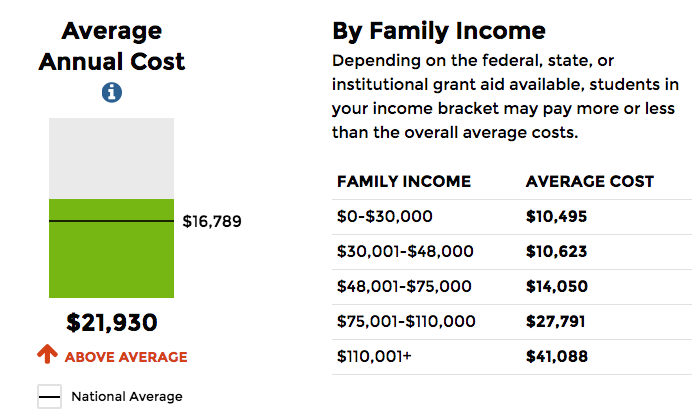Students graduate with less than half of average national debt
In a report recently released by The Institute for College Access and Success, Wellesley College was listed among the top low-debt schools in the country, with students graduating with less than half of the average national debt. According to U.S. News and World Report, Wellesley’s average student debt from the Class of 2014 was $12,956.
This number is extremely low, especially in a state that is ranked 11th in the nation for highest average student debt. Average student debt in Massachusetts has increased 73 percent from 2004 to 2014 and is currently $29,391. Yet Wellesley, even with its high price tag, has managed to keep student debt relatively low.
Emily Ahn ‘16 believes that Wellesley’s low debt will allow its alumnae to focus more easily on other things after graduation. “Since Wellesley is all about taking its students into the world with a force, Wellesley wants us to hit the ground running! And to do so means having less debt to pay off so that we are free to run!”
This low student debt is the result of much hard work over the years at Wellesley, Director of Student Financial Services Scott Wallace-Juedes said.
“I think it’s the convergence of a lot of really good things for Wellesley. I think it highlights a lot of good work being done by the college and by the students. There’s an institutional commitment. Student loan debt is something that is critical to the institution and to the students, so our policies tend to reflect that. I also think it’s really important to give a shout out to Wellesley Student Aid Society, which is an incredible resource for our institution,” Wallace-Juedes said.
Ariel Cohen ’18 says she is pleased with Wellesley’s low average student debt and believes it attests to Wellesley College’s commitment to its mission.
“I think it’s pretty awesome. I think that the fact that Wellesley has significant financial aid helps the institution to be more accessible to people from different socioeconomic backgrounds,” she said.
Wellesley College’s average debt is much lower than other Boston-area schools. According to U.S. News and World Report, MIT’s average student debt from last year was $19,064, Harvard University’s was $15,117 and Boston University’s was $39,166. Wellesley also compares well to other women’s colleges. Smith College had an average student debt of $24,758 last year, and Mount Holyoke College’s average student debt was $23,914.
Ahn praised Wellesley for its ability to give families of students the aid they need.
“Wellesley has been really great about meeting my family where we were at. Coming into college and applying to schools, I was pretty nervous because my family was going through a tight situation. Turns out that Wellesley’s grant almost paid my entire tuition my first year, and they covered my entire room and board. After Wellesley, I think I’ll only owe the college a couple thousand dollars, and I’m sure I can pay that off reasonably once I start working,” she said.
This comes at a time when the rest of the country is experiencing increases in student debt. The report released by the Institute for College Access and Success explains that the national cost to attend college has been increasing over the past ten years, but financial aid has not been increasing as quickly, leading to an overall increase in student debt.
Ariana Gonzalez-Bonillas ’18 believes that Wellesley’s policy of need-blind admission and need-based financial aid has helped lead to this low debt.
“I’m impressed but not surprised because we are a need-based financial aid institution. We’re trying to give anyone who is accepted an equal opportunity to receive higher education,” she said.
Wallace-Juedes points out, however, that Wellesley’s average debt is only an average, and that there are students who graduate with much more debt.
“I don’t want to gloss over the fact that there are students who borrow more than that,” he said.
There are also things Student Financial Services needs to work on in the future to better serve the college and its students.
“I think it’s important for Wellesley to continue to review policies and priorities to make sure we’re meeting the needs of the most students we possibly can. Policies can get stale pretty quickly, so we want to make sure, in my mind, that we’re continuing to review policies. I think that our office is working on plans to increase awareness of student borrowing and in general financial awareness for students. Part of my responsibility to the institution and to students is that we talk about student borrowing, loan debts, general accessibility issues. There’s been a lot of good, but you can always make improvements,” Wallace-Juedes said.






